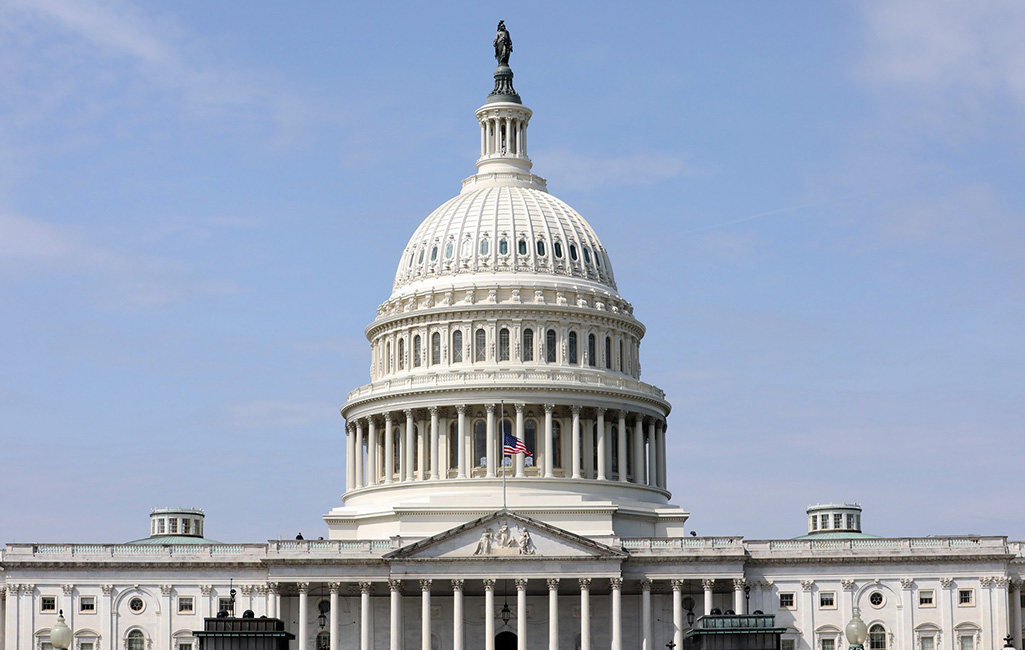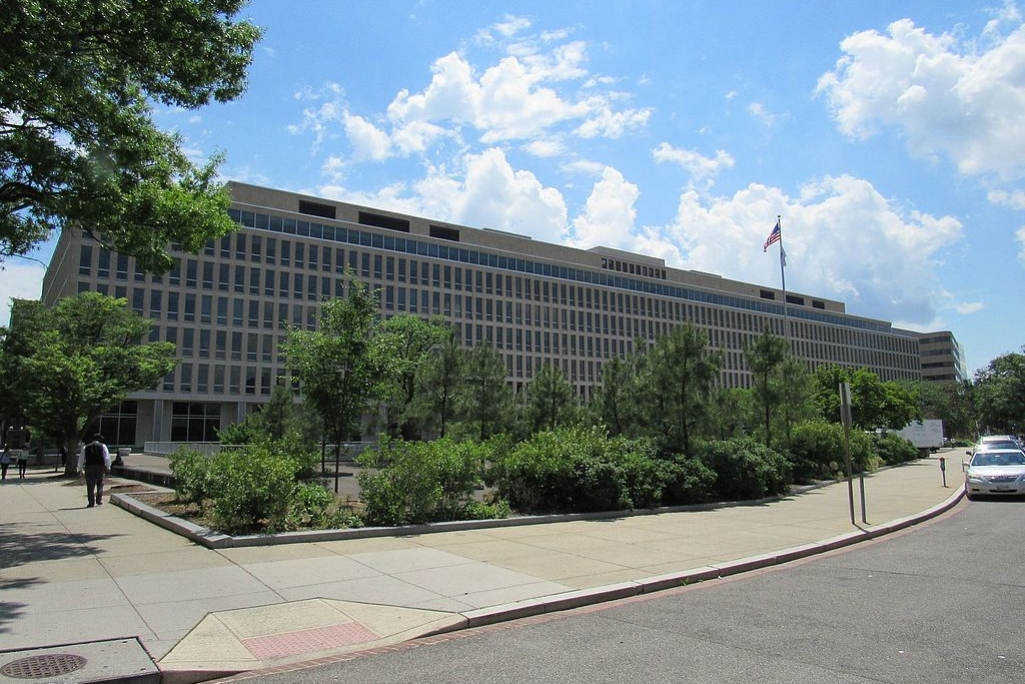The U.S. House of Representatives passed two far-reaching abortion rights bills July 15 that seek to repudiate a watershed ruling by the Supreme Court and defy pro-life protections enacted by the states.
The Democratic-controlled House approved the Women’s Health Protection Act (WHPA) and the Ensuring Access to Abortion Act (EAAA) in 219-210 and 223-205 roll call votes, respectively.
The votes came three weeks after the U.S. Supreme Court’s historic decision June 24 to overturn the 1973 Roe v. Wade opinion and a day after the Southern Baptist Convention’s ethics entity expressed to House leaders its strong opposition to both proposals.
The Roe opinion struck down state restrictions and legalized abortion, establishing a nearly 50-year abortion regime nationwide. By reversing Roe in its Dobbs v. Jackson Women’s Health Organization ruling, the high court returned abortion regulation to the states. About half of the 50 states either have laws prohibiting abortion throughout pregnancy or at least some stage of pregnancy or are expected to enact such measures.
While supporters of the WHPA have described it as a codification of the Roe opinion in federal law, the legislation actually would eclipse the 1973 ruling by prohibiting federal and state regulations of the procedure that were permitted by the justices under Roe. Meanwhile, the EEAA would forbid pro-life efforts to prohibit abortion tourism to other states and to block the mailing of abortion pills across state lines.
The Ethics & Religious Liberty Commission (ERLC) told House leaders from both parties in a letter July 14 from Brent Leatherwood, the entity’s acting president, that it “strongly opposes” both proposals.
Passage of the measures “would signal that lives are expendable, handcuff state legislatures from enacting pro-life protections and steamroll over the consciences of millions of Americans who do not wish to pay for or be compelled to provide abortions,” Leatherwood told Speaker of the House Nancy Pelosi and Minority Leader Kevin McCarthy
“Women and families in crisis will only be put at greater risk upon passage of these ill-conceived pieces of legislation,” he wrote. “The proper role of government should be to protect the vulnerable, not enshrine avenues of exploitation.”
Messengers to this year’s Southern Baptist Convention June 14-15 passed a pro-life resolution—something they have done more than 20 times since 1980—that urged the Supreme Court to overturn Roe and the 1992 Planned Parenthood v. Casey opinion that affirmed it. In addition to encouraging increased pro-life ministry, the resolution also called for state legislatures to approve laws “that uphold the dignity and value of every human life, including both vulnerable women and children.”
Herbie Newell, president of Lifeline Children’s Services, described the WHPA as “the most pro-abortion bill ever” in the House.
“Now more than ever, our lawmakers ought to be passing policies that protect the preborn, and care for their mothers holistically,” he said in a written statement Friday. “Women deserve better than this, and we should be seeking to wrap around her and her baby and provide love, support and care.”
During floor debate before the vote on the WHPA, Rep. Chris Smith, R-N.J., said the bill “goes far beyond Roe v. Wade” and “constitutes an existential threat to unborn children.”
Pro-life advocates have pointed out the WHPA would eliminate such pro-life protections as state bans on abortions based on the sex of the preborn baby and those after 20 weeks because of evidence the child feels pain by that point. It also would annul parental involvement laws, as well as longstanding bans on taxpayer funding of abortion and conscience protections for pro-life health care workers, they say.
The EAAA would force states that have enacted restrictions on abortion pills—at least 19, according to the ERLC—to permit the mailing of the drugs across state lines. It also would bar states with abortion bans from restricting interstate travel to receive an abortion. The EAAA “would enshrine interstate access to the dangerous abortion pill in federal law and would promote abortion tourism nationwide,” according to the ERLC.
Abortion rights advocates applauded the House votes.
Alexis McGill Johnson, president of Planned Parenthood Federation of America, the country’s leading abortion provider, said on Twitter the bills “protect our abortion rights!” She said, “[W]e need our elected officials to keep up this momentum.”
The House had already passed a version of the WHPA in this congressional session with a 218-211 vote in September 2021. All House Republicans, joined by Democratic Rep. Henry Cueller of Texas, voted against the measure.
Cuellar joined Republicans again Friday as the lone Democrat to oppose the WHPA. All Democrats and three GOP members—Reps. Brian Fitzpatrick of Pennsylvania, Adam Kinzinger of Illinois and Fred Upton of Michigan—voted for the EAAA.
President Biden has endorsed both measures, but the Senate appears unlikely to allow the proposals to reach his desk.
The evenly divided Senate has already rejected the WHPA twice this year by refusing to bring the legislation to the floor for a vote. Senators voted against invoking cloture by 48-46 in February and 51-49 in May. The procedural move requires 60 votes to cut off debate so a vote on a bill can occur.
(EDITOR’S NOTE – Tom Strode is Washington bureau chief for Baptist Press.)


